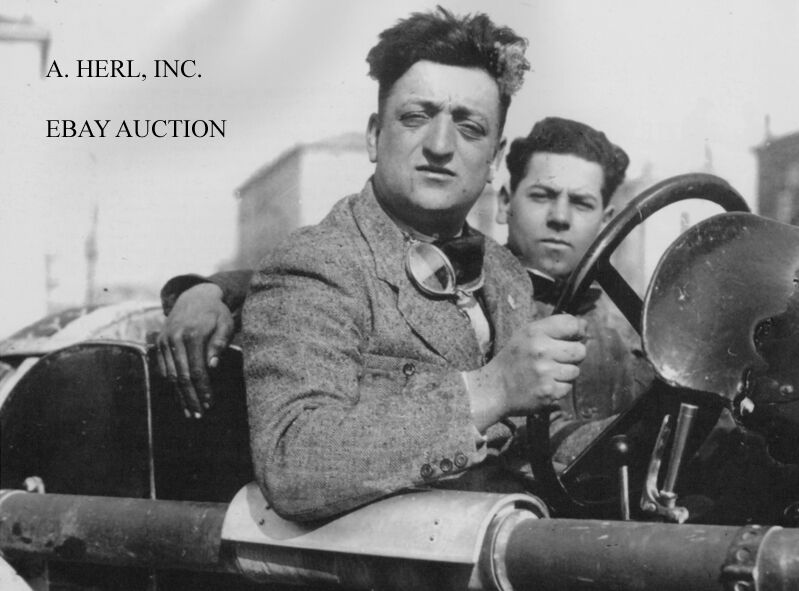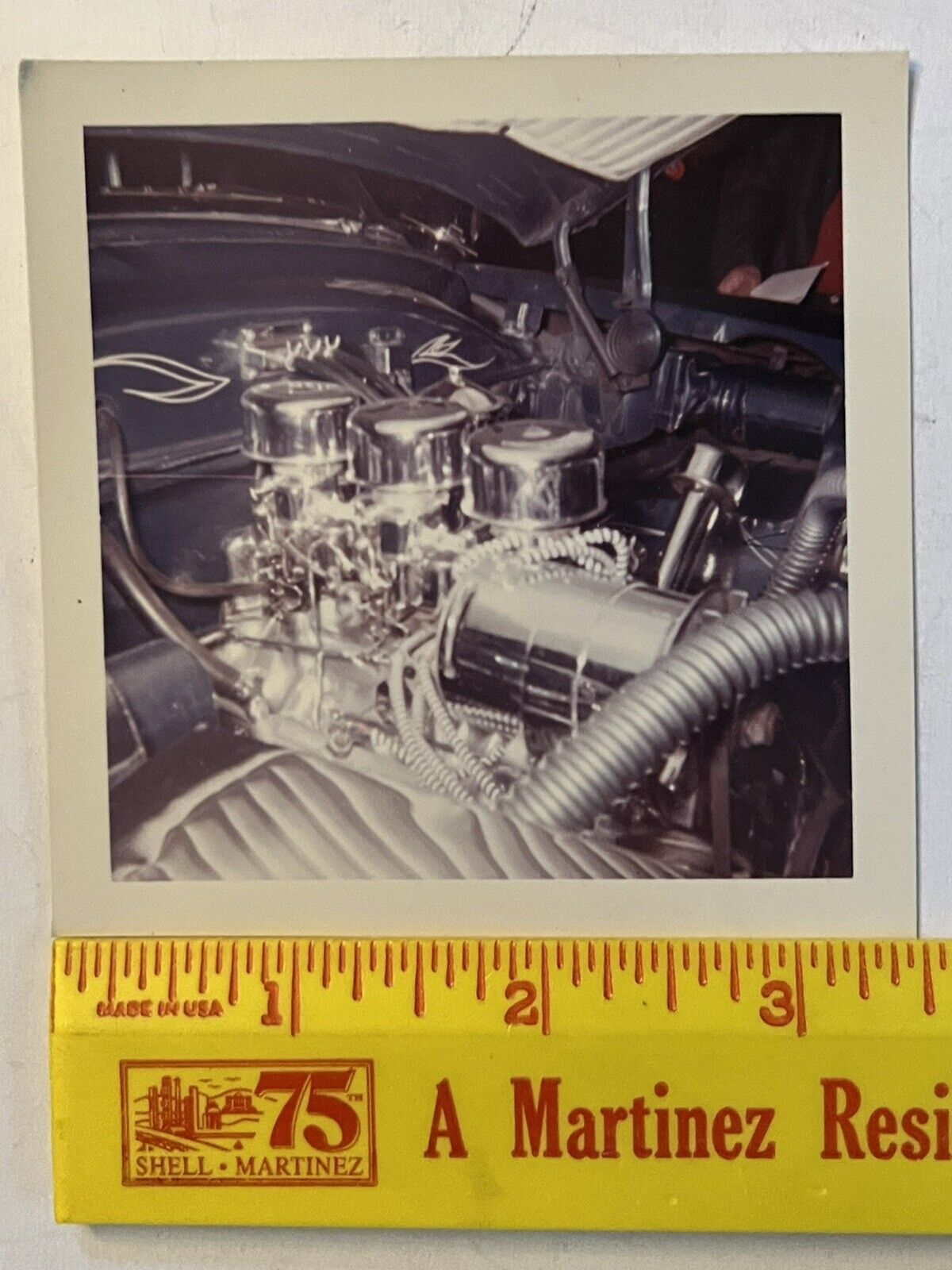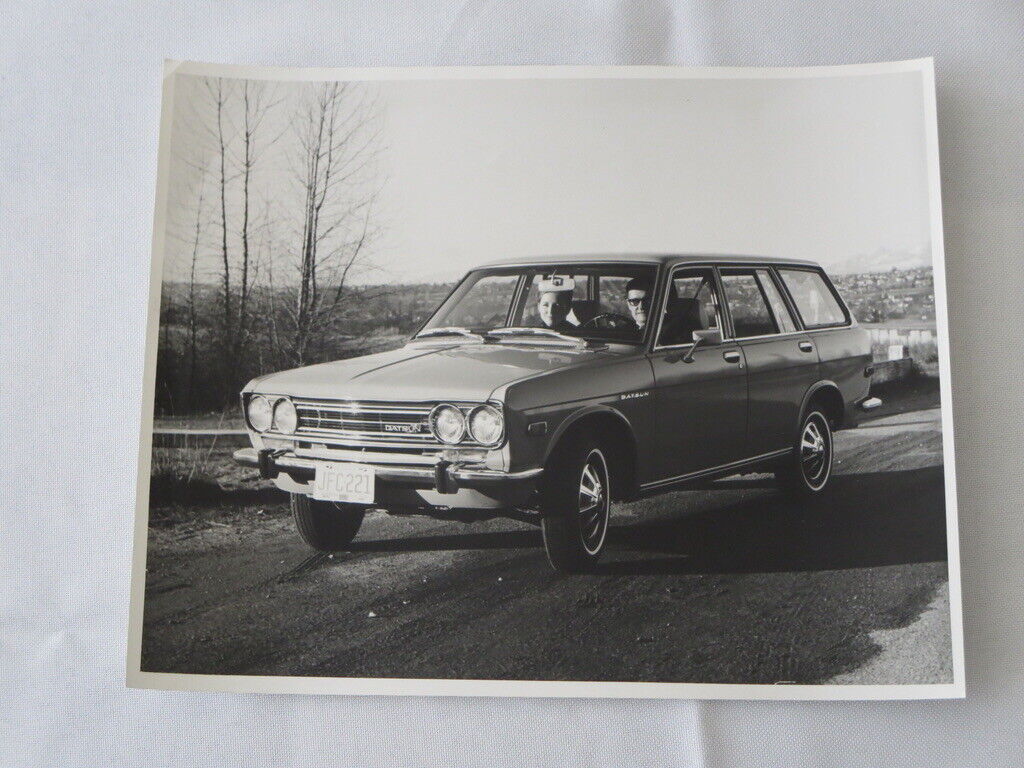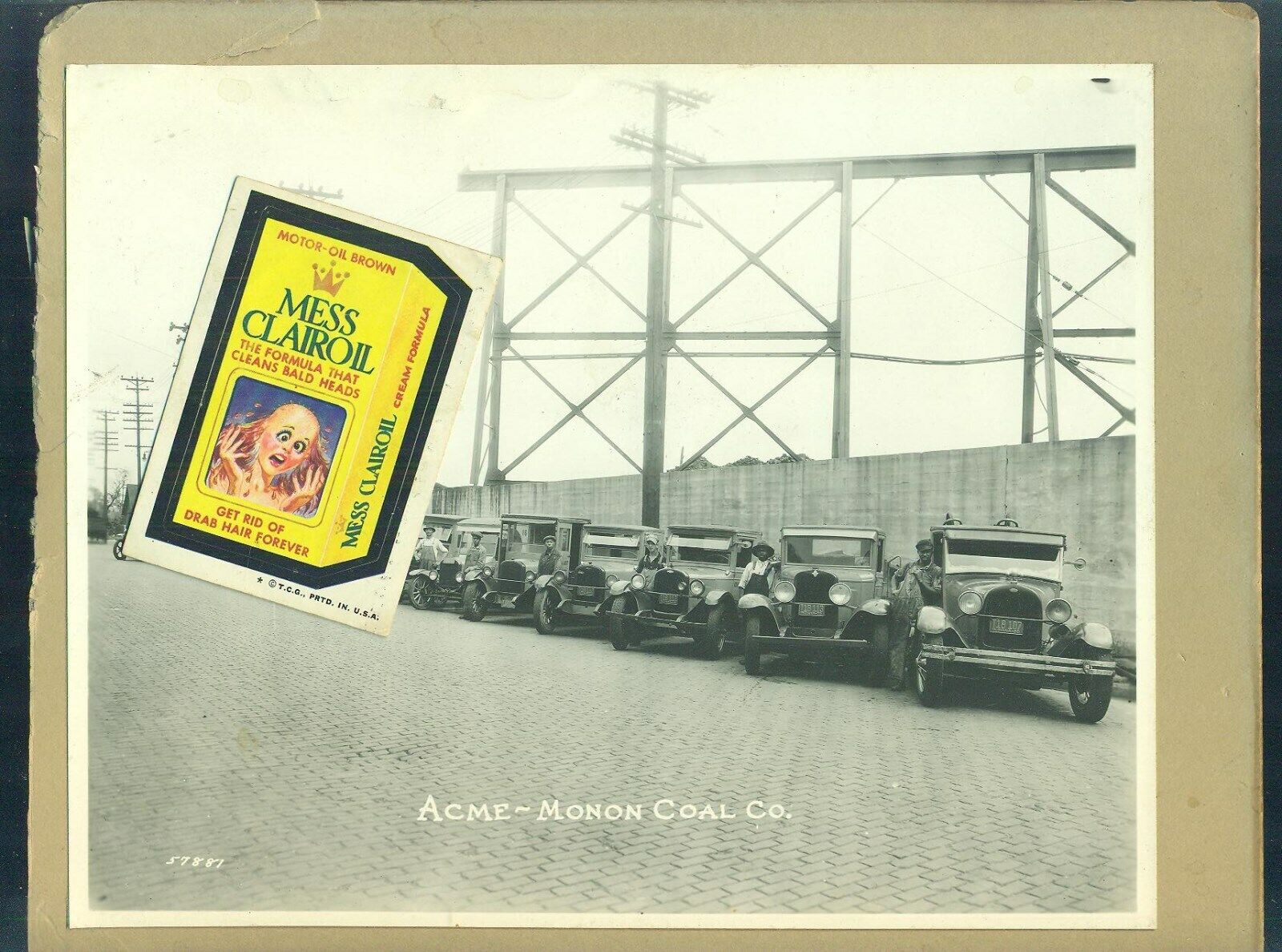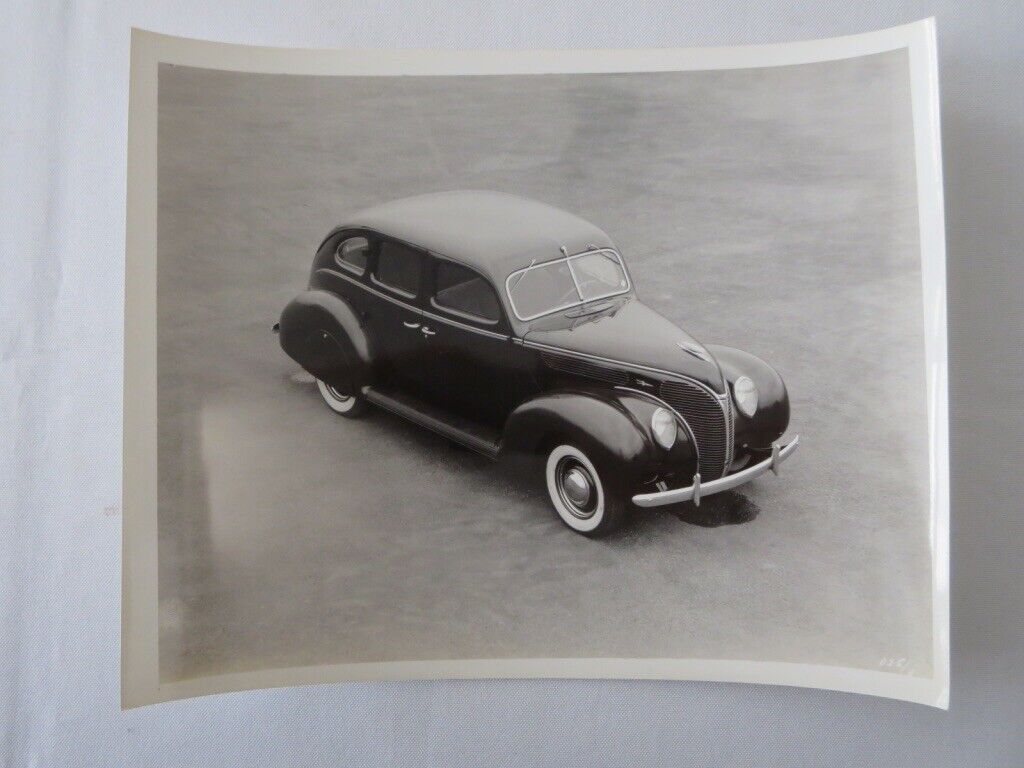-40%
Alfa Romeo RL TF & Enzo Ferrari – Grand Prix - 1923 - photograph photo
$ 5.14
- Description
- Size Guide
Description
A superb and rare photo ofEnzo Ferrari
and his co-pilot
Giulio Ramponi
in his
Alfa Romeo RL TF race car
.
Enzo Ferrari
is a man that needs no further introduction. He was the founder of the Scuderia Ferrari racing team and the Ferrari car factory. Enzo Ferrari rode for the Alfa Romeo car factory early on in his career. This photo is magnificent proof of that!
The company that became
Alfa Romeo
was founded as Società Anonima Italiana Darracq (SAID) in 1906 by Cavaliere Ugo Stella, an aristocrat from
Milan
, in partnership with the French automobile firm of Alexandre Darracq. The firm initially produced Darracq cars in
Naples
, but after the partnership collapsed Stella and the other Italian co-investors moved production to an idle Darracq factory in the
Milan
suburb of Portello, and the company was renamed
A.L.F.A
. (Anonima Lombarda Fabbrica Automobili). The first non-Darracq car produced by company was the 1910 24 HP, designed by Giuseppe Merosi. Merosi would go on to design a series of new
ALFA
cars with more powerful engines (40-60 HP). ALFA also ventured into motor racing, drivers Franchini and Ronzoni competing in the 1911 Targa Florio with two 24 HP models. However, the onset of World War I halted automobile production at ALFA for three years.
1916 saw the company come under the direction of Neapolitan entrepreneur Nicola
Romeo
, who converted the factory to produce military hardware for the Italian and Allied war efforts. Munitions, aircraft engines and other components, compressors and generators based on the company's existing car engines, and heavy locomotives were produced in the factory during the war. When the war was over,
Romeo
took complete control of
ALFA
and car production resumed in
1919. In
1920, the name of the company was changed to
Alfa Romeo
with the Torpedo 20-30 HP becoming the first car to be badged as such. Their first success came in 1920 when Giuseppe Campari won at Mugello and continued with second place in the Targa Florio driven by
Enzo Ferrari
. Giuseppe Merosi continued as head designer, and the company continued to produce solid road cars as well as successful race cars (including the 40-60 HP and the RL Targa Florio).
In 1923 Vittorio Jano was lured away from Fiat, partly thanks to the persuasion of a young Alfa racing driver named Enzo Ferrari, to replace Merosi as chief designer at Alfa Romeo. The first Alfa Romeo under Jano was the P2 Grand Prix car, which won Alfa Romeo the inaugural world championship for Grand Prix cars in 1925. For Alfa road cars Jano developed a series of small-to-medium-displacement 4, 6, and 8 cylinder inline power plants based on the P2 unit that established the classic architecture of Alfa engines, with light alloy construction, hemispherical combustion chambers, centrally-located plugs, two rows of overhead valves per cylinder bank and dual overhead cams. Jano's designs proved to be both reliable and powerful.
Enzo Ferrari
proved to be a better team manager than driver, and when the factory team was privatised, it then became Scuderia Ferrari. When Ferrari left Alfa Romeo, he went on to build his own cars. Tazio Nuvolari often drove for Alfa, winning many races prior to WWII.
In 1928 Nicola Romeo left, with Alfa going broke after defense contracts ended, and in the end of 1932 Alfa Romeo was rescued by the government, which then had effective control. Alfa became an instrument of Mussolini's
Italy
, a national emblem. During this period Alfa Romeo built bespoke vehicles for the wealthy, with the bodies normally built by Touring of Milan or Pininfarina. This was the era that peaked with the legendary Alfa Romeo 2900B Type 35 racers.
The Alfa factory (converted during wartime to the production of Macchi C.202 Folgore engines) was bombed during World War II, and struggled to return to profitability after the war. The luxury vehicles were out. Smaller mass-produced vehicles began to be produced in Alfa's factories beginning with the 1954 model year, with the introduction of the Giulietta series of berline (saloons/sedans), coupes and open two-seaters. All three varieties shared what would become the classic Alfa Romeo Twin Cam engine, initially in 1300cc form. This engine would eventually be enlarged to just under
2 liters
(1962cc) and would remain in production through 1995.
This is a very nice and very rare
non period
photo that reflects a wonderful era of Alfa Romeo ‘s automotive history in a wonderful way. This is your rare chance to own this photo, therefore it is printed in a nice large format of ca. 8" x 10.6" (ca. 20 x
27 cm
). It makes it perfectly suitable for framing.
Shipping costs will only be $ 7.00 regardless of how many photos you buy. For 5 or more photos, shipping is free!
(Note: A. Herl, Inc. does not appear on photo, for ebay purposes only)
No copyright expressed or implied. Sold as collectable item only. We are clearing out our archives that we have gathered from various sources.
All items always sent well protected in PVC clear files
and board backed envelopes.
We have photographs that came from professional collections and/or were bought from the original photographer or press studio! They are all of professional and excellent quality.
After many decades of professionally collecting photographs and posters we are clearing out our archives. They make the perfect gift and are perfectly suited for framing. They will look gorgeous unframed and will be a true asset nicely framed with a border. They are a gorgeous and great asset in every home, workshop, workplace, restaurant, bar or club!
First come - first served. And you can always contact us for your requests. Please ask any questions before the auction ends.
